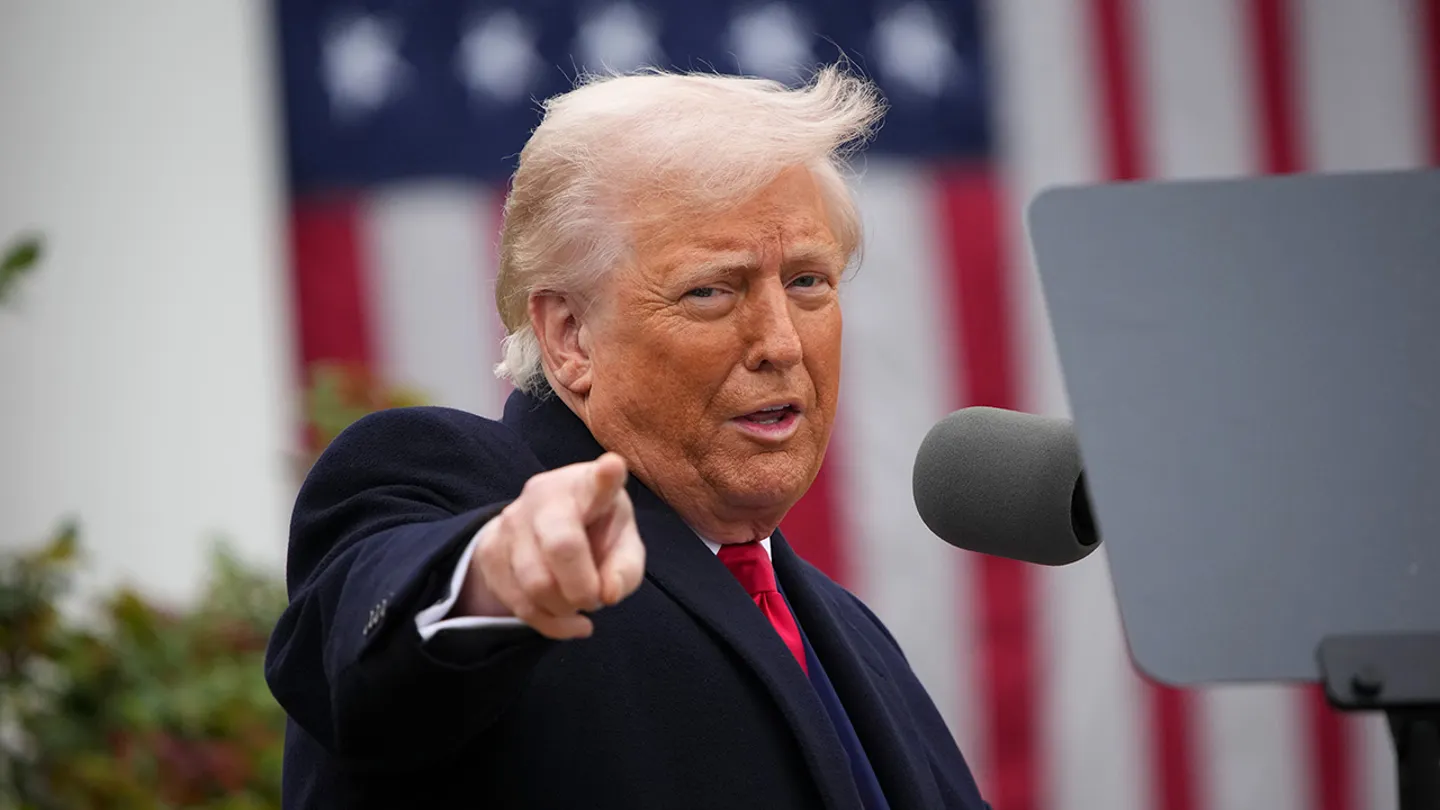### Understanding Trump’s Tariff Strategy: Aiming to Eliminate Bilateral Trade Deficits
In a move that has stirred debates across financial and economic circles, President Trump has introduced new tariffs in a bold attempt to address and eliminate bilateral trade deficits with the United States’ trading partners. This strategy is not only ambitious but poses significant challenges in terms of its feasibility and potential impact on global trade dynamics.
#### The Motivation Behind the New Tariffs
President Trump’s decision to implement these tariffs is rooted in his long-standing belief that trade deficits are detrimental to the U.S. economy. The underlying idea is that by reducing trade deficits, the U.S. can boost its manufacturing sector, protect American jobs, and strengthen its economic sovereignty. This perspective has guided much of the administration’s trade policies, reflecting a shift towards more protectionist measures.
#### Analyzing the Feasibility of Eliminating Trade Deficits
The goal to completely eliminate bilateral trade deficits might seem straightforward, but it is laden with complexities and inherent challenges. A trade deficit occurs when a country imports more goods and services than it exports. While this can be seen as a negative marker, most economists contend that trade deficits are not necessarily bad for the economy. They argue that these deficits are influenced by a myriad of factors including, but not limited to, currency strength, economic growth rates, and consumer behavior in domestic and foreign markets.
Attempting to eradicate these deficits entirely might not only be unrealistic but could also lead to unintended economic repercussions. For example, imposing tariffs can increase the cost of imports, leading to higher prices for consumers and businesses. This can decrease overall economic efficiency and potentially provoke retaliatory measures from trading partners, leading to a cycle of protectionism that could harm global economic relations.
#### The Global Implications of Trump’s Trade Policy
The global implications of the U.S. adopting a unilateral approach to solving trade imbalances are profound. Trading partners affected by these tariffs may seek to retaliate by imposing their own tariffs on American goods, which could hurt U.S. exporters and further complicate diplomatic relations. There is also the risk of weakening the broader global trading system, as countries may be encouraged to bypass established multilateral processes in favor of tit-for-tat tariff wars.
Moreover, trade policies that focus solely on balancing trade might overlook more critical issues such as labor standards, environmental protection, and intellectual property rights. These aspects are vital for sustainable economic growth and are often addressed in comprehensive trade agreements, which could be sidelined amid a narrow focus on trade deficits.
#### Way Forward: Striking a Balance
While the intention behind reducing trade deficits to support domestic industries is valid, the strategy of using tariffs as a primary tool to achieve this might require reevaluation. A more balanced approach involving negotiation, competitive economic policies, and cooperation with international partners may prove more effective. Measures could include enhancing U.S. competitiveness through innovation and technology advancement, investing in workforce development, and strengthening economic diplomacy.
In conclusion, Donald Trump’s strategy to use tariffs as a mechanism to eliminate bilateral trade deficits is a reflection of his broader economic vision. However, achieving this goal involves navigating a complex landscape of economic theories and global interdependencies. Whether or not this strategy will lead to the desired economic outcomes remains a topic of vigorous discussion and analysis among policymakers, economists, and industry leaders. As these developments unfold, the world watches keenly, understanding that the repercussions will resonate far beyond the borders of the United States.










